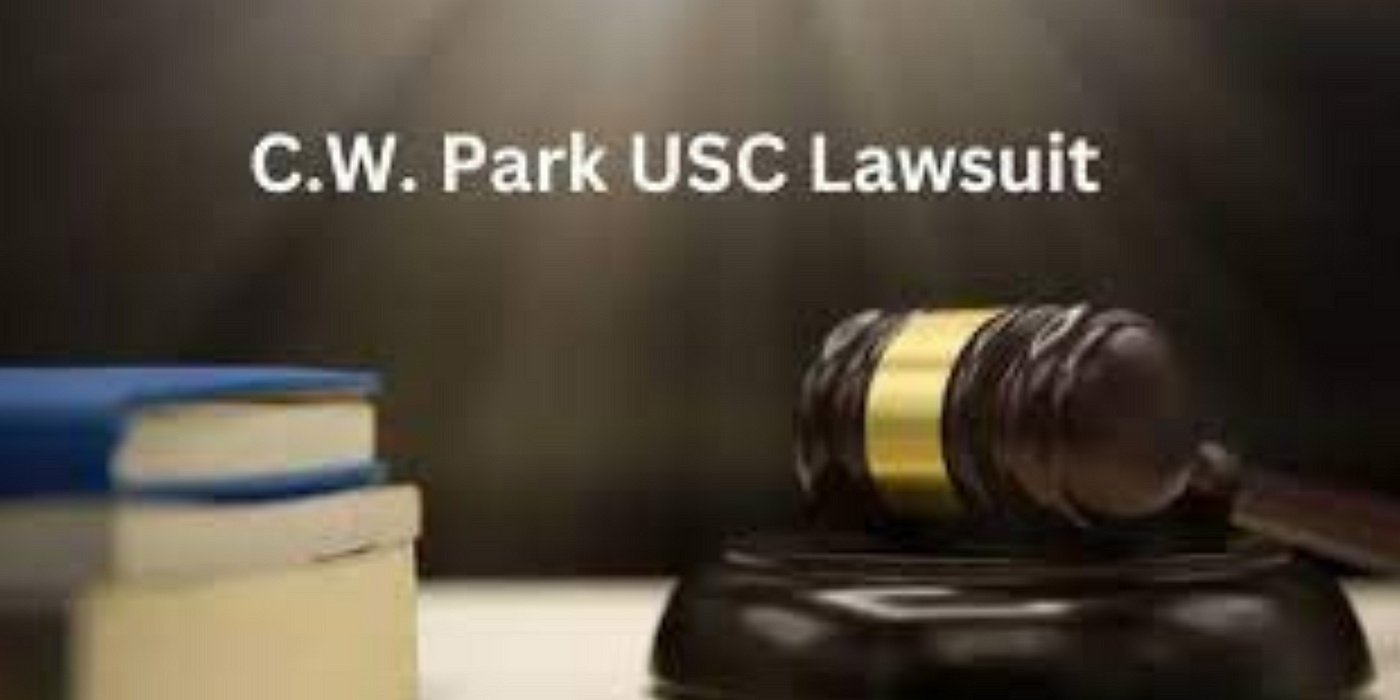In the ongoing discourse surrounding accountability and responsibility within higher education, the C.W. Park USC lawsuit stands as a pivotal case with far-reaching implications. As legal proceedings continue to unfold, it becomes increasingly crucial for stakeholders both within and outside the USC community to stay abreast of the developments shaping this narrative. Beyond the courtroom, the ramifications of this lawsuit extend into policy-making, public perceptions, and the very fabric of the educational institutions entrusted with molding future generations. This unfolding story serves as a poignant reminder that transparency, accountability, and a steadfast commitment to addressing systemic issues are fundamental elements in fostering a robust higher education system. Let’s delve deeper into the evolving landscape of academic responsibility.
Understanding the Origins
The C.W. Park USC lawsuit centers on allegations of misconduct and breaches of fiduciary duty within the university’s administrative ranks. At its core are accusations of financial mismanagement and ethical lapses that have drawn scrutiny not only from legal authorities but also from the broader academic community. The case underscores the delicate balance between institutional autonomy and the imperative to uphold ethical standards in educational governance.
Legal Maneuvers and Implications
As litigation progresses, the legal strategies employed by both plaintiff and defendant illuminate broader themes of institutional governance and legal accountability. The outcome of this case could potentially set precedents that reshape how universities across the country approach internal oversight and transparency measures. Legal experts and higher education policymakers are closely monitoring these developments, anticipating their potential impact on future legal standards and institutional practices.
Community and Stakeholder Responses
Within the c.w. park usc lawsuit community and beyond, reactions to the lawsuit have been varied and impassioned. Students, faculty members, alumni, and donors alike have voiced concerns over the implications for the university’s reputation and its commitment to ethical stewardship. This case has sparked conversations about the role of governance structures in ensuring institutional integrity and maintaining public trust.
Broader Educational Landscape
Beyond USC, the C.W. Park lawsuit underscores broader challenges facing higher education today. In an era marked by increasing scrutiny of institutional practices and a growing demand for accountability, universities must navigate complex regulatory landscapes while upholding their missions of academic excellence and ethical conduct. The case serves as a poignant reminder of the ongoing need for vigilance and reform within educational institutions.
Looking Ahead
As the legal proceedings unfold and public discourse evolves, one thing remains clear: the C.W. Park USC lawsuit is not merely a legal matter but a catalyst for introspection and reform within higher education. It prompts stakeholders to reevaluate governance structures, transparency practices, and ethical standards to better serve students, uphold public trust, and safeguard the integrity of academic institutions.
Conclusion
The C.W. Park USC lawsuit serves as a compelling narrative of accountability and responsibility in higher education. It challenges us to confront difficult questions about governance, ethics, and institutional integrity. As we continue to follow this unfolding story, let us remain engaged, informed, and committed to shaping a more transparent and accountable educational landscape for future generations.
Keep up with the latest trends and updates on mainguestpost.com!



















